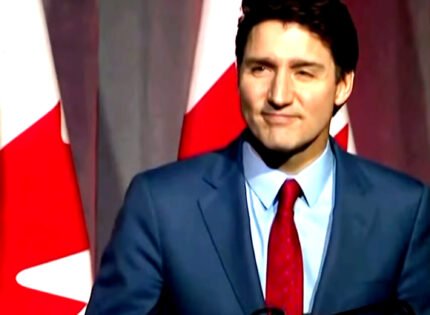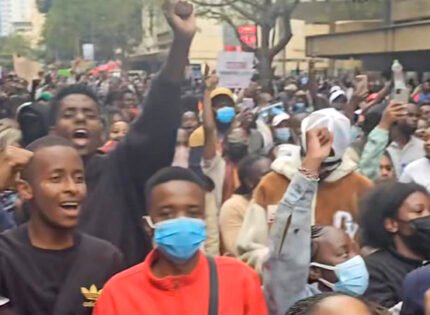FRANCE CONSIDERS RETURNING AFRICAN ART and Artifacts
White museum curator: “ The work isn’t for sale”
Killmonger: “How do you think your ancestors got these? Do you think they paid a fair price? Or did they take it… like they took everything else?
For those who remember Marvel’s blockbuster film, Black Panther the villain Killmonger had a poignant exchange with a white museum curator, which alluded to the reality of Africa’s past. Ancient African artifacts that were pilfered and sent abroad.
In what may seem to be a bid to right the past, French President, Emmanuel Macron has commissioned a report to advice on the return of thousands of African art in French museums taken without consent during the colonial period to be returned to the continent.
France alone “owns” 90,000 African artifacts, 70,000 are at Quai Branly Museum in Paris, which was established by former President Jacques Chirac an avid lover of African art.
At present, French legislation does not allow the government to part with “state property” even if there is clear evidence of plunder.
But President Macron indicated that he was prepared to consider change in a speech in Burkina Faso in 2017 in which he said, “Africa’s heritage cannot just be in European private collections and museums. Within five years, I want the conditions to be met for the temporary or definitive restitution of African heritage to Africa.”
Mr. Macron tasked French art historian Benedicte Savoy and Senegalese writer Felwine Sarr to draw up a report on the issue.
Canada might withdraw Aid from Tanzania after homophobic rhetoric
A large number of homosexuals are presently in hiding in Tanzania following threats by Paul Makonda the regional commissioner for the nation’s capital, Dar-el-Salam. Makonda urged citizens to report any suspected homosexuals to the authorities. In Tanzania homosexuality is illegal.
After Makonde’s speech police have arrested at least 10 men in Zanzibar who were accused of attending a same-sex marriage ceremony. Police have also arrested journalists, opposition MPs, mining executives and bloggers in recent months, while shutting down newspapers and radio stations.
The actions have resulted in a lot of public attention and investor nations begun withdrawing their aid from the East African nation.
Canada’s Minister of International Development, Marie-Claude Bibeau, is considering every option following the threat to arrest gays. She expressed her concern that withdrawal of Aid would be punishing “innocent” citizens who need the aid.
Canada’s foreign-aid minister says she is facing a “dilemma” over whether to join the growing movement to suspend millions of dollars in aid to Tanzania for its jailing of opposition MPs and its threats to arrest people who are gay.
Canada is one of Tanzania’s biggest donors, in 2017 they gave almost CAD $90 million in aid. Her aid totals to 2.3 billion dollars since the 1960’s
Much of the government crackdown has targeted programs that Canada supports, including projects to promote family planning and to keep girls in school. President John Magufuli has banned family planning advertisements, alleged that women who use contraception are “lazy,” and ordered the expulsion of any female high-school student who becomes pregnant.
Denmark the country’s second biggest donor has stated it will withhold its £8m in aid money from Tanzania over its human rights abuses and ”unacceptable homophobic comments. The world bank also announced that it would not loan the nation CAD 300 million as the country reaffirmed its policy of banning pregnant girls from school and recently made it a crime to question official statistics
Morocco has Africa’s fastest train
On Thursday, November 15, King Mohammed VI and French president Emmanuel Macron inaugurated Africa’s fastest train.
After seven years of construction the train boasts a speed on 350 km per hour. It now makes the 200 km journey two hours, the journey was previously over four hours. The train known as the Tangier – Casablanca line is twice as fast as South Africa’s high-speed Gautrain linking Johannesburg’s international airport to the city’s financial district Sandton.
According to the Moroccan Ministry of Transport, fifty percent of the project was financed by France through various loans, estimated at €2 billion, almost 15% more than the initial estimates, but well below the average European costs.

















